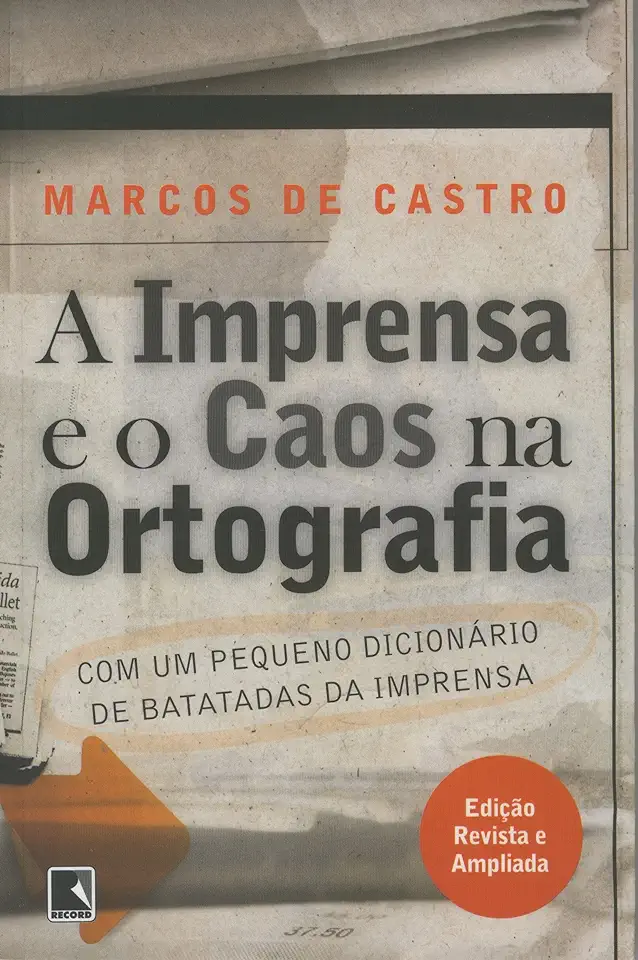
The Press and the Chaos in Spelling - Marcos de Castro
The Press and the Chaos in Spelling: A Comprehensive Guide to English Spelling Reform
Introduction
In a world where communication is key, the written word holds immense power. Yet, the English language, with its complex and often illogical spelling system, can present a significant barrier to effective communication. In his groundbreaking book, "The Press and the Chaos in Spelling," Marcos de Castro delves into the history, challenges, and potential solutions surrounding English spelling reform. With meticulous research and compelling arguments, de Castro presents a comprehensive guide that will captivate readers and inspire them to embrace the need for change.
A Historical Perspective
The English language has evolved over centuries, incorporating influences from various cultures and languages. As a result, its spelling system has become a patchwork of inconsistencies and irregularities. De Castro takes readers on a fascinating journey through the history of English spelling, tracing its origins back to the Anglo-Saxon period and exploring the impact of factors such as the Norman Conquest and the invention of the printing press. This historical context provides a deeper understanding of the challenges faced by learners and the urgent need for reform.
The Chaos of English Spelling
Through detailed analysis and real-world examples, de Castro exposes the chaos and irrationality of English spelling. He highlights the numerous homophones (words that sound the same but have different meanings and spellings) and homographs (words that are spelled the same but have different meanings and pronunciations). These inconsistencies can lead to confusion, miscommunication, and even legal disputes. De Castro argues that the current spelling system hinders effective communication and impedes the learning process for both native and non-native speakers.
The Case for Spelling Reform
De Castro presents a compelling case for spelling reform, emphasizing its potential benefits for individuals, society, and the global community. He argues that a more logical and consistent spelling system would enhance literacy rates, improve communication, and promote greater inclusivity. By reducing the burden of memorizing arbitrary spellings, learners can focus on developing their critical thinking and comprehension skills. Moreover, spelling reform would facilitate international communication, making English more accessible to non-native speakers and fostering global collaboration.
Proposed Solutions
De Castro explores various proposed solutions to the chaos in spelling, ranging from moderate reforms to radical overhauls. He discusses the merits and drawbacks of each approach, providing readers with a comprehensive understanding of the complexities involved in spelling reform. De Castro also highlights successful examples of spelling reforms implemented in other languages, demonstrating the feasibility and positive impact of such changes.
Overcoming Resistance to Change
Recognizing the natural resistance to change, de Castro addresses the concerns and objections often raised against spelling reform. He counters arguments about the loss of cultural heritage and the disruption of existing literature, emphasizing the potential benefits that outweigh these concerns. De Castro also discusses the role of the media, educators, and policymakers in promoting awareness and facilitating the transition to a reformed spelling system.
Conclusion
"The Press and the Chaos in Spelling" is a must-read for anyone interested in language, education, and effective communication. With its wealth of knowledge, compelling arguments, and practical insights, this book provides a roadmap for spelling reform that is both comprehensive and persuasive. By embracing the need for change, we can unlock the full potential of the English language and empower individuals to communicate more effectively in a globalized world.
Enjoyed the summary? Discover all the details and take your reading to the next level — [click here to view the book on Amazon!]